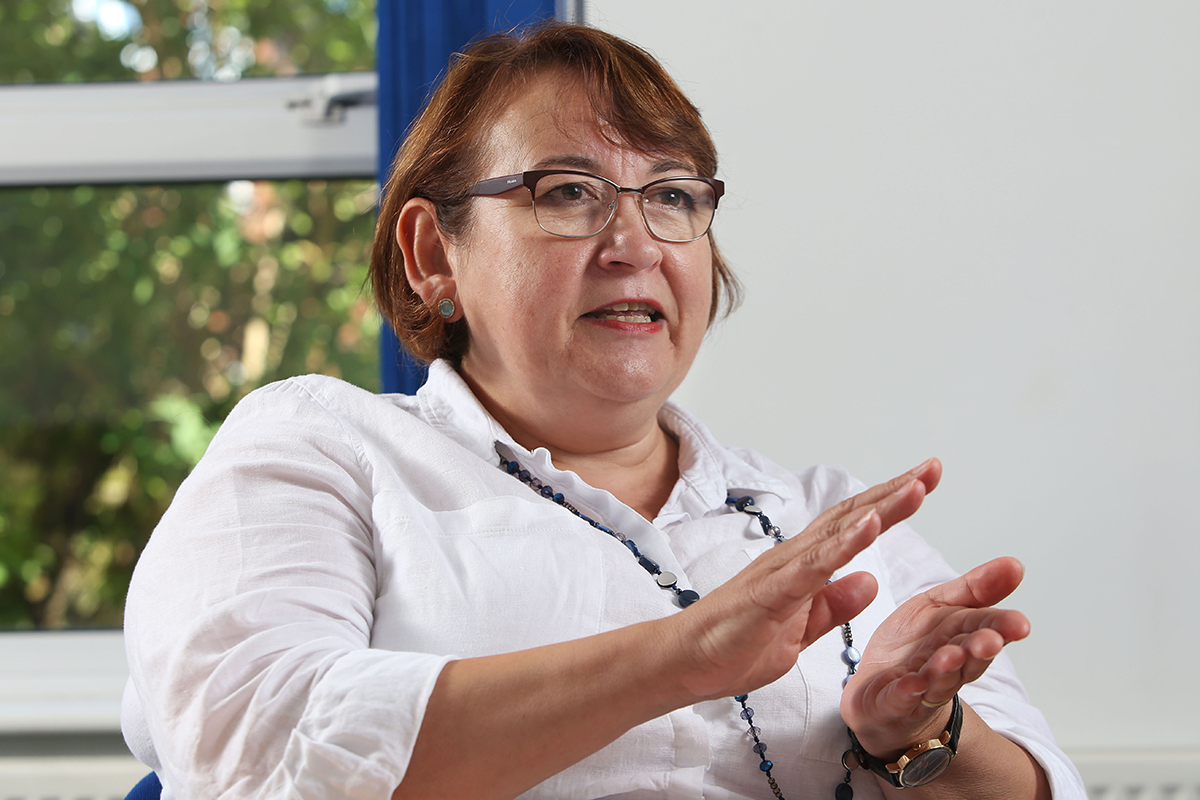After the
Horlicks remedy, now some Valium
 |
| Carol Matthews...sleepless nights... now impatient. |
Such feelings from Ms Matthews are nothing new to readers of the magazine. Not long ago Ms Matthews told them of her worries and her sleepless nights.
These, said Ms Matthews were caused by a threatened drop in income of many millions for her giant Riverside Housing Association of Liverpool where she is chief executive officer.
Sleepless nights of course are not pleasant and this blog recommended Horlicks to her as a relaxing bedtime drink.
Ms Mattews latest problem, impatience, can also be a worry. But it is very doubtfulful if in this case Horlicks would offer any relief.
Still, it is worth discovering the cause of the Matthews impatience.This seems to be associated with what she calls “the tension between being a good social landlord and an ambitious housing developer.”
She explains the impatience and the tension in the article which discusses the green paper:
“There’s been lots of debate over league tables, consumer ratings and whether and how the social housing regulator should be given back its consumer teeth.
“Now it’s time for us to get on with our real response. Yes, we look forward to seeing what firmer proposals the government comes up with. But we shouldn’t just sit back and wait.
“It’s not something to be embarrassed about, provided that in doing this we are guided by our organisational vision and founding principles.
“The types of homes we build, and where we build them, shapes the places we serve and the daily experiences of our residents, whether we retain ownership or sell them on to generate profit to invest in our other homes”.
After Horlicks, what do we recommend to Ms Mattews to ease the tension she refers to- between being a good social landlord and an ambitious housing developer- and the impatience she suffers from?
First, the tension. Is it really as bad as Ms Mathews claims? Many critics would argue that this tension does not exist within Ms Matthews`Riverside. They say that Riverside is first and foremost a housing developer more interested in profits than being a good social landlord.
They argue that Ms Matthews has not learnt the lessons of the Grenfell disaster and the problem of voiceless tenants which was highlighted recently by her senior colleague Kate Henderson, the leader of the country`s housing associations . Kate Henderson said these tenants were not really valued and it is time they were.
Ms
Henderson is the recently- appointed chief executive of the National Housing Federation
and was asked what she would consider as success in her role leading the
federation. She said: “The first thing
is “empowered tenants, a change in conversation which is already
happening in terms of tenants feeling really valued.”
So for Ms Matthews` problems, this blog recommends Valium a well-known medical remedy for anxiety . A course of Valium should rid her of tension and impatience.
However, for her future long-term health, Ms Matthews must purchase a hearing aid and listen carefully to what her senior colleague Kate Henderson has to say.
Then she must give some voice to her 50.000 voiceless tenants.
Carlisle Tenants` and Residents` Federation publishes this blog. Information about the Federation is available on 01228 522277 or 01228 532803
